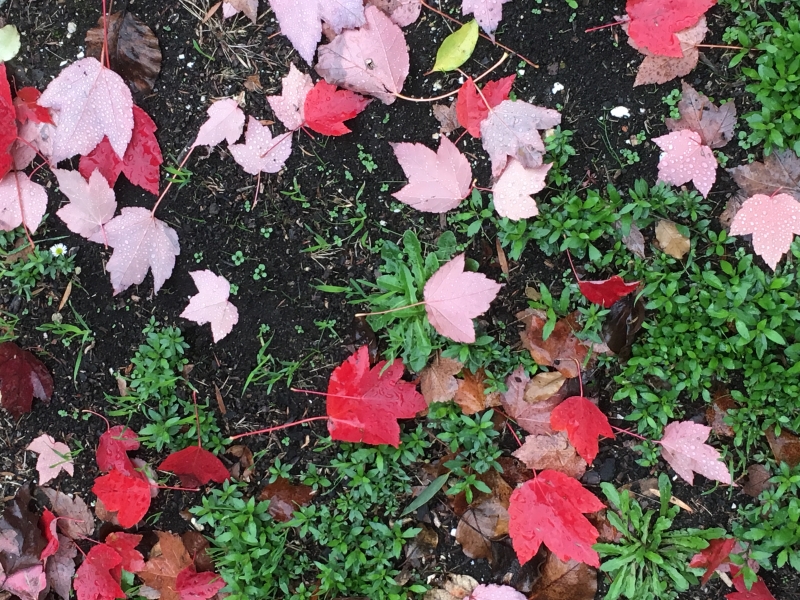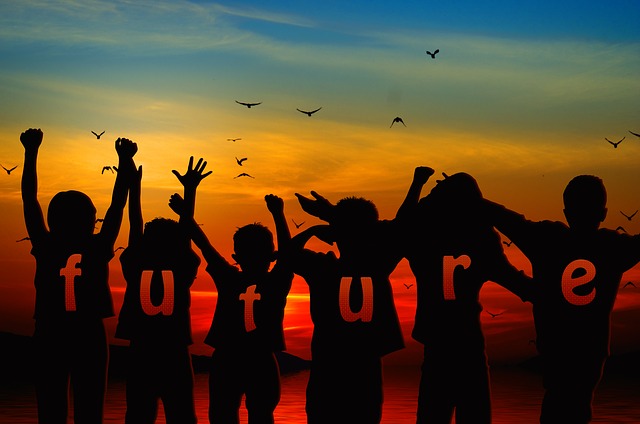Home
Purpose
- Details
- Category: Face the problem
- Hits: 3408
 How to face the climate emergency, and keep moving in a positive direction while our natural systems are in chaos.
How to face the climate emergency, and keep moving in a positive direction while our natural systems are in chaos.
2024 Listen here to Jen Bendell talking at Sydney's Festival of Dangerous Ideas - https://www.abc.net.au/listen/programs/bigideas/jem-bendell-breaking-together-collapse-environment-civilisation/104892128
One persons response - sing together, connect with nature, connect with each other.
Meet in your location, gathering singers, muscians, drummers, and the sounds of nature, and make improvised, unrecorded experiences that are for the group to cherish.
I envision seeing whole neighbourhoods and camps of people spontaneously singing and dancing together of their pure joy of experiencing all sensations of life, both during and between working together on useful tasks. Not because they are singing from habit, custom, obligation, or recreation, but because they are so connected to the wonder of experiencing life while serving life. I envision people feeling grateful they suddenly found there is time in their lives to sing, dance and connect with nature and each other. I envision this connection also supporting ways of production, sharing, consumption, and caring, that mean people are able to live happily with fewer resources and less certainty.
- Jem Bendell
On hope
On hope and agency.
On hope and agency
Hope is when you are hoping for something.
Agency is when you are in a position to influence whether or not it happens.
Hope can reinforce agency, assuming you have some to start with.
If you literally have no agency, then whether or not you have hope is immaterial, because by definition you are in no position to influence the outcome anyway. Otherwise, hope motivates you to exercise the influence you do have in a way that makes the desired outcome more likely, not least by acting to acquire more influence.
So where does this idea that hope actually UNDERMINES agency come from? Why do we read so often that hope is a drug that keeps us addicted to ineffective activism, or that it implies a LACK of agency?
I think there are two explanations.
One is that sometimes we use the word “hope” as an expression of fear rather than desire. We say “I hope she’s OK” to express fear that she might not be. “I hope nothing bad has happened” to express the fear that something bad WILL turn out to have happened. It’s an expression of helplessness, and (real or perceived) lack of agency, rather than of genuine hope.
The second is that we have hoped for things in the past and been disappointed, and now we are blaming hope. Perhaps we overestimated the agency we had, and now we think that hope is somehow responsible for the fact that we didn’t achieve our aims. Maybe we allowed our hope to blind us to our lack of agency, or motivate us to follow an approach that felt comfortable, didn’t demand much sacrifice, but was indeed ineffective.
Sometimes we tell ourselves that we are better off without hope. We don’t hope for anything, we just do. But I don’t buy that. Sure we can be motivated by other things than hope, but nobody goes through an entire day without hoping for something and allowing that hope to motivate them. Intention does not exist without hope, and agency cannot be exercised without intention.
Active Hope
Active Hope
https://www.irishtimes.com/culture/in-despair-over-climate-change-try-active-hope-1.3738187
'She highlights the work of veteran ecologist Joanna Macy whose book Active Hope (jointly written with Chris Johnstone) “puts forward the idea that there are two types of hope. One is hope based on chances of outcome. The other is hope based on intention,” Fitzgerald explains.
If you require the former kind of hope before you commit yourself to an action your response gets “blocked” in areas where you don’t rate your chances too high, according to Macy’s thinking. Thus, she advocates the other type of hope: rather than acting only when you feel you’ll get a good outcome, “focus on intention” and let it be your guide.
The advice, says Fitzgerald – this week’s Unthinkable guest – is to “set our intention on what we want to see in the world, and direct everything we do in line with that intention”.'
